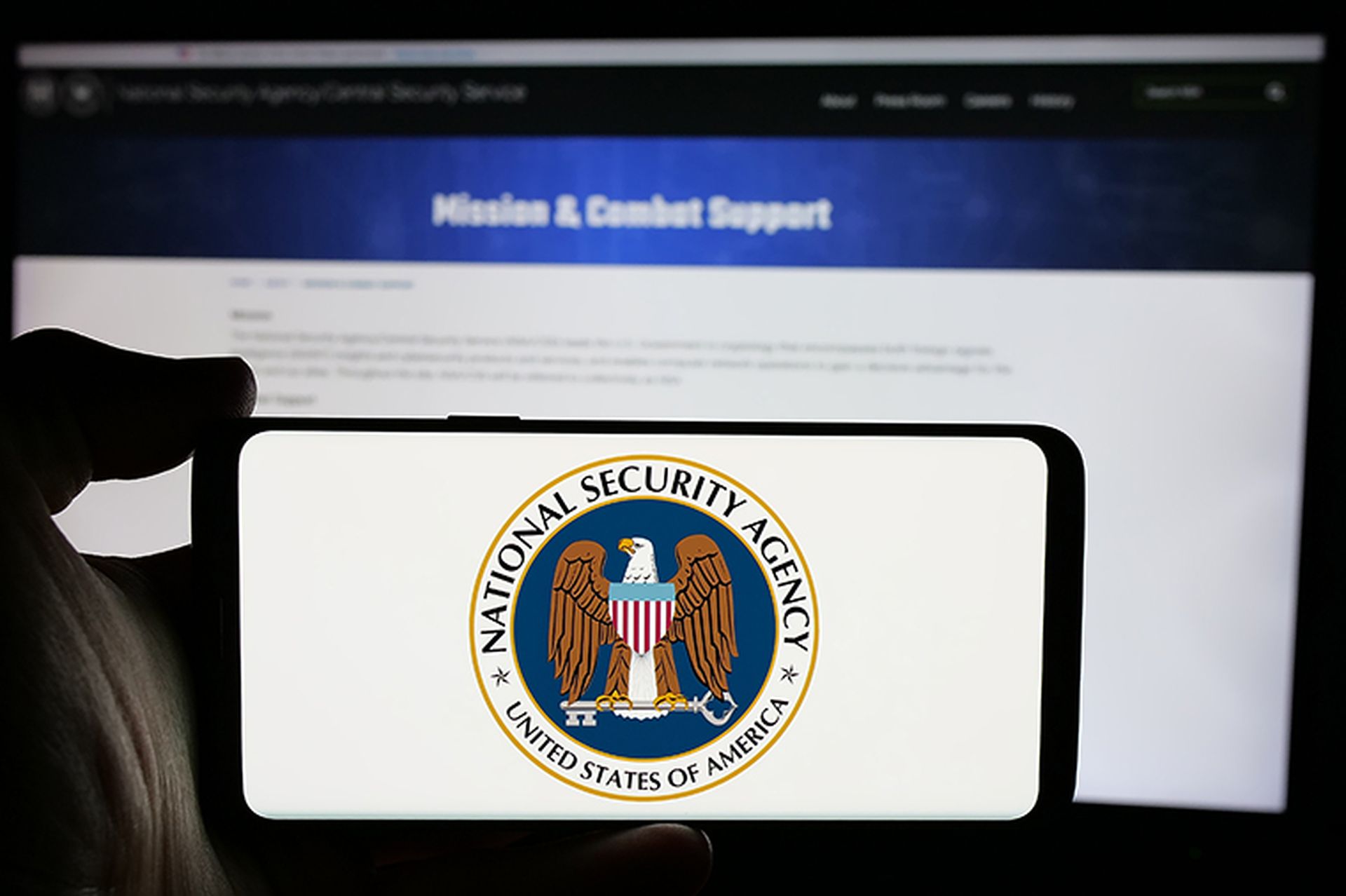With Hurricane Irene barreling up the East Coast and making a beeline for the major Northeast cities, businesses not used to dealing with natural disasters are being forced to revisit their business continuity (BC) plans.
A hurricane is a different beast than other crises in that organizations have time to prepare for it, Rachel Dines, a Forrester Research analyst, told SCMagazineUS.com on Friday. That wouldn't be the case for an earthquake, flash flood, fire or a terrorist attack.
As a result, Dines said, many of the New York and Boston-based clients she has spoken with this week plan to use the event as an opportunity to gauge the effectiveness of their disaster recovery (DR) and BC programs.
"They've told me they're treating this somewhat as a test scenario," she said. "You know it's coming, so there are some things you can do to be ready."
This may include preparing systems to fail-over to a backup data center in case of an interruption, such as flooding or a long-term power outage, Dines said. But choosing to migrate to an alternative data center comes with its own risks, she admitted.
"Anytime you're moving disaster recovery operations from one place to another, there could be a lot of things that could go wrong," Dines said. These include data loss or downtime, she added.
Barring mass destruction, Hurricane Irene will likely present communications problems more than anything else, Dines said. As such, organizations should test their ability to reach employees in the event they are unable to make it into the office.
"The flip side of that, of course, is productivity loss," she said.
A number of factors have made BC and DR more of an enterprise priority than ever, according to Forrester Research.
Thanks to the ability for organizations to better measure risk and the economic impact of disasters, a September 2010 survey of 2,803 IT decision makers showed that improving BC and DR capabilities is a top priority. The respondents said they also are being driven by government and industry mandates, less tolerance for downtime and the growing need to prove readiness to partners and other stakeholders.
"I think right now the world is a very uncertain place," Dines said.
Despite the increased awareness, Stieven Weidner, manager of business continuity at Catholic Health East, a multiinstitutional health system based in Pennsylvania, said in a recent interview with SC Magazine that his biggest challenge is getting senior management to pay attention.
"Business continuity protects the organization by ensuring critical functions continue, even in adverse conditions," he said. "Disaster recovery is really just a part of the overall business continuity program."
In the end, preparedness is key, Dines said. If organizations don't have a plan in place already for the impending storm, they're out of luck.
"They're treating it like any other disaster," Dines said of clients bracing for Hurricane Irene. "If they have those plans in place, they should be able to act on those and be effective."
Darren Pauli contributed to this report.


